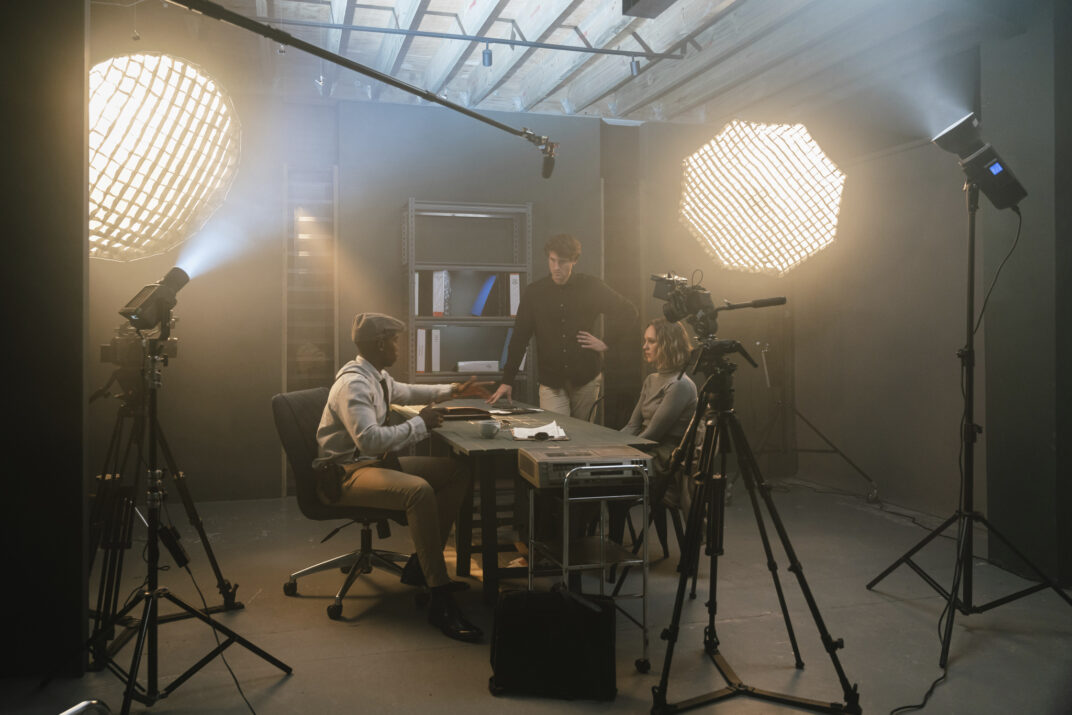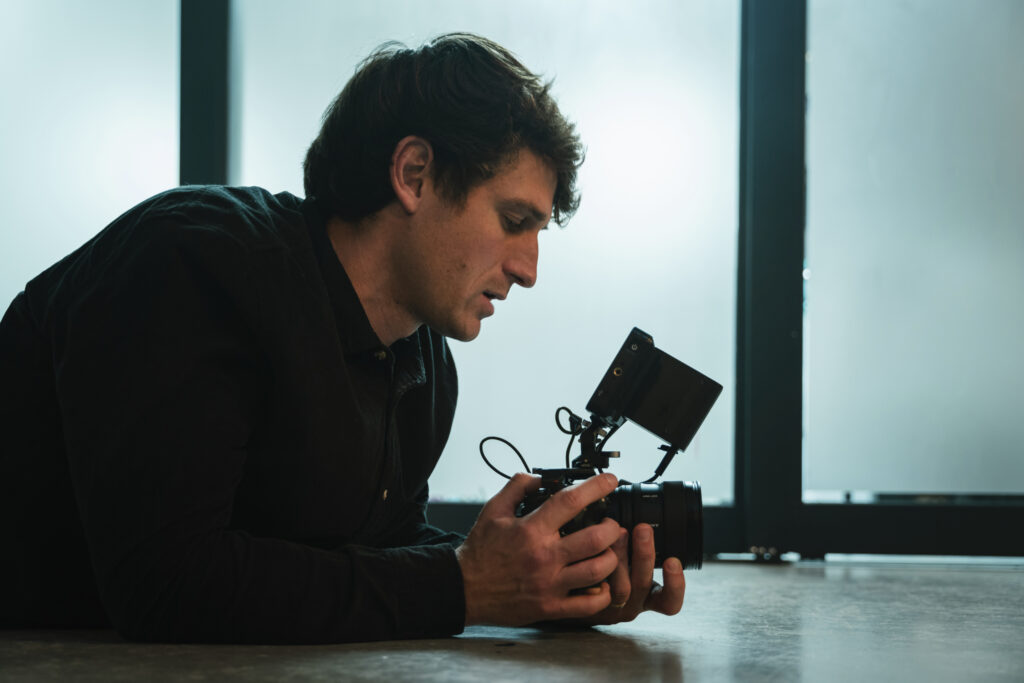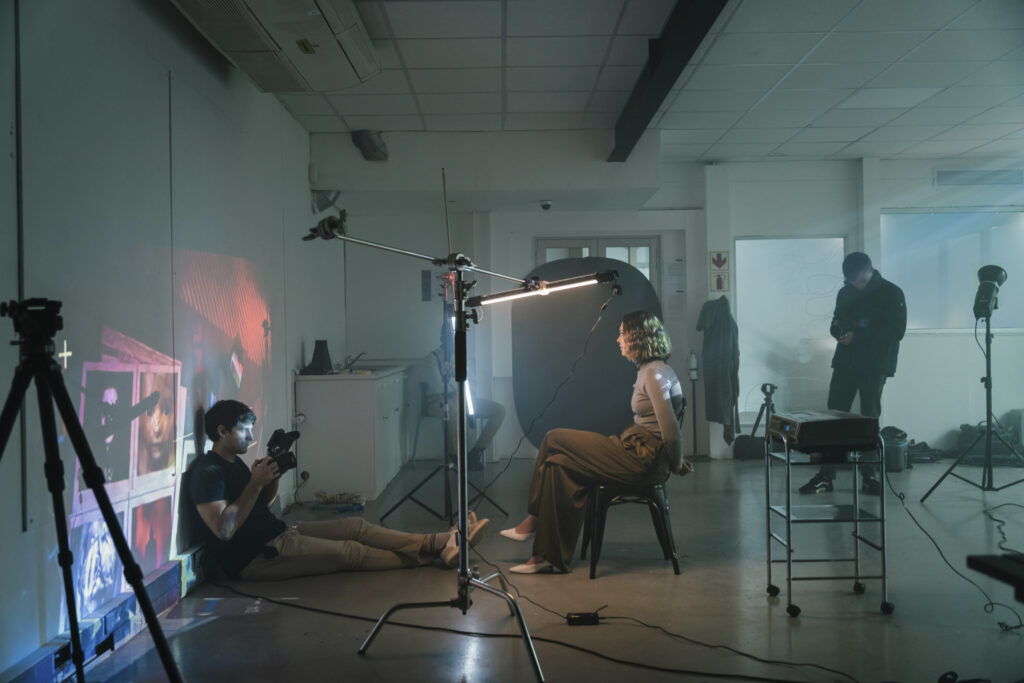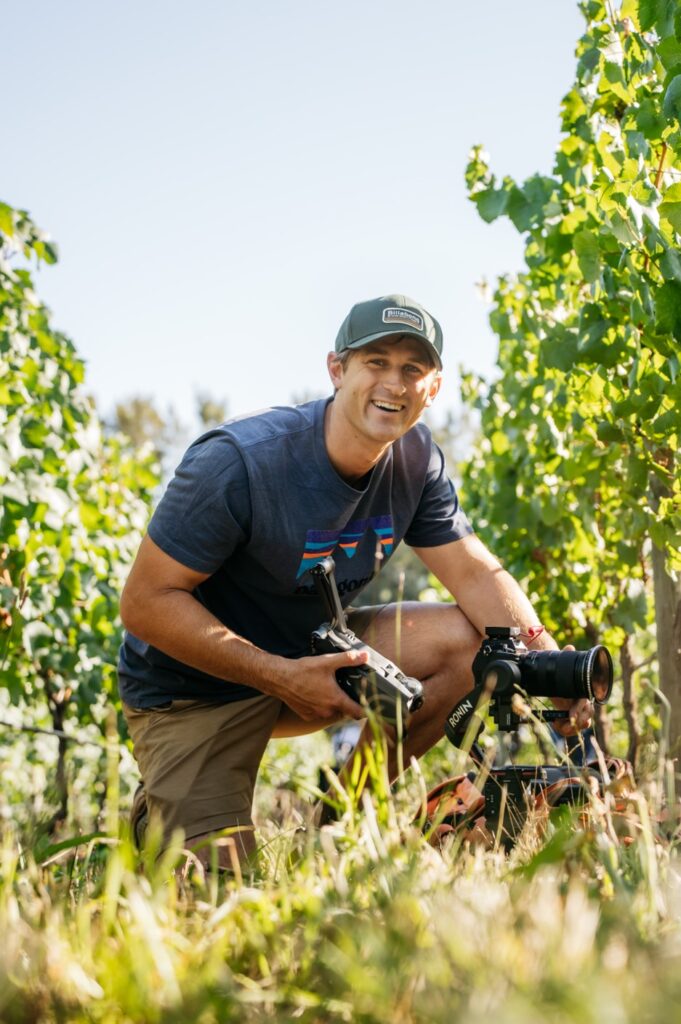
Becoming a solo filmmaker requires more than just technical skills. It demands grit, resilience, and drive to tell stories in a way that feels personal, intimate and authentic. For filmmakers like Juan De Swart, a key part of his journey has been collaborating with leading brands like Sony. With their innovative camera systems and resources like Sony Alpha Universe, they have become integral to Juan’s process, helping him push creative boundaries. In an exclusive interview, Juan shares his insights on what it takes to thrive in the world of solo filmmaking, highlighting the challenges, rewards, and how the right equipment can elevate your work.
The Essential Qualities and Equipment
If you’re considering a career in solo filmmaking, attitude and personality play significant roles. According to Juan, resilience and a constant willingness to learn are key traits. “You’re responsible for every part of the process, so you need to be flexible and have a mindset open to adapting,” he advises. As a solo filmmaker, you must be industrious, assertive, and prepared to juggle both the creative and business sides of filmmaking.
When it comes to gear, Juan suggests some must-have equipment for solo filmmakers. “The Sony A7S III is a great camera for its low-light capabilities and 4K recording, while the Sony FX3 is a fantastic option for more cinematic projects that still need mobility.” He also recommends pairing these cameras with Sony’s G Master lenses for excellent sharpness and bokeh. Juan emphasises that the right equipment not only enhances your work but also helps convey your unique style and vision.
How To Succeed as A Solo Filmmaker
There are pros and cons to working solo compared to being part of a team. For Juan, one of the biggest advantages is creative control. “You can execute your vision without compromises,” he explains. Solo filmmakers can adapt quickly to changes in the project, scale up or down depending on the budget, and save on the cost of hiring a crew.
Over the course of his career Juan has built incredible relationships with a number of partners, chief among them is Sony. However, this didn’t happen overnight—it was the result of years of consistently high-quality work and tagging the brand in his social media posts. His journey was based on authentic storytelling, which resonated with Sony’s values. “I started by showcasing my work using their cameras and engaging with their content,” he explains. After helping with behind-the-scenes content for a few product launches, a collaboration was born.
For filmmakers aspiring to secure partnerships with brands like Sony, Juan has the following advice:
- Build a strong portfolio that showcases your talent and aligns with the brand’s values.
- Leverage social media platforms like Instagram and YouTube to demonstrate your expertise and engage with your audience.
- Network strategically by attending industry events and film festivals where you can connect with brand representatives.
- Be consistent and patient—partnerships take time to develop.
Juan also notes that Sony is constantly innovating with filmmakers and creators in mind, as seen in their BRAVIA series. This lineup of TVs offers advanced features like accurate colour reproduction, which allows filmmakers to view their content as it’s meant to be seen—especially valuable for editing and reviewing footage. With the BRAVIA series, Sony ensures that creators can have the best visual tools not only on set but also in their editing suites, helping them deliver stunning cinematic quality even at home.


What You Need to Kick-Start Your Journey
One of the best resources for solo filmmakers is Sony Alpha Universe, a platform that provides educational content, tutorials, and inspiration from Sony shooters worldwide. “It’s a hub for filmmakers,” Juan notes, adding that it’s valuable even if you’re using gear from other brands. By participating in such communities, filmmakers can stay updated on industry trends, gain technical insights, and potentially connect with brands for collaborative opportunities.
Ultimately, solo filmmaking requires dedication, a willingness to wear many hats, and the ability to balance creativity with the practical demands of running your own film business. With perseverance, the right equipment, and a clear sense of purpose, anyone can find success in this challenging yet rewarding field.

